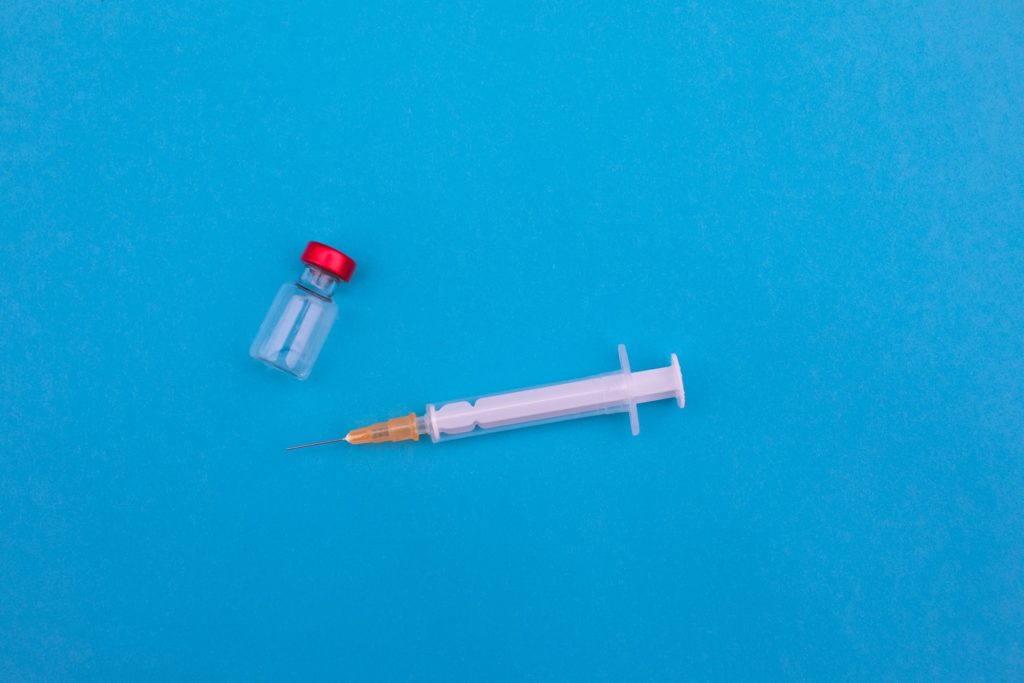Countries, including the United States, Australia and EU member states are opposing a joint proposal submitted by South Africa and India to the World Trade Organisation (WTO) requesting a temporary suspension of intellectual property rights on COVID-19 vaccines and other new technologies.
The proposal, submitted in October, aims to help make tools and medicines to fight COVID-19 accessible to poorer countries until global her immunity is reached. Once COVID-19 is no longer a threat at the level it currently is, the IP rights would be reinstated.
Despite the proposal aiming to make access to life-saving medicines, vaccines and treatments fair for everyone, high-income countries and pharmaceutical manufacturers are in opposition. Many of the COVID-19 vaccines are being developed in these countries and so they don’t want to relinquish their monopolies. They argue that there is no evidence that IP will hinder access and have said it will stifle innovation.
However, South Africa argued against these objections at the WTO. They cited vaccines for other diseases which have ongoing legal battles to try and make access easier for poorer countries. The government cited Pfizer’s patent blocks on pneumococcal vaccines in both India and South Korea, leading to prohibitive prices and restricted access with no alternatives.
“A global pandemic is no time for business-as-usual, and there is no place for patents or corporate profiteering as long as the world is faced with the threat of COVID-19,” said Leena Menghaney, South Asia Head of Médecins Sans Frontières Access Campaign, who are organising mass action to convince these countries to change their stance.
“During the pandemic, treatment providers and governments have had to grapple with intellectual property barriers to essential products such as masks, ventilator valves and reagents for test kits. With this bold action, India and South Africa have shown that governments want to be back in the driver’s seat when it comes to ensuring all people can have access to needed COVID-19 medical products, medicines and vaccines, so that more lives can be saved.”
The concerns raised in this proposal are already playing out. Many of these high-income countries are buying up stocks of vaccines that haven’t even been manufactured yet. Canada, the UK and Australia are at the top of the list of countries with the most reserve buy agreements and have reserved enough vaccine doses to cover their populations several times over.
This kind of treatment hoarding is what the proposal is trying to overcome, to ensure poorer countries do not get left behind.
The WTO preliminary decision is expected to be released on December, 17.
Picture: Unsplash

